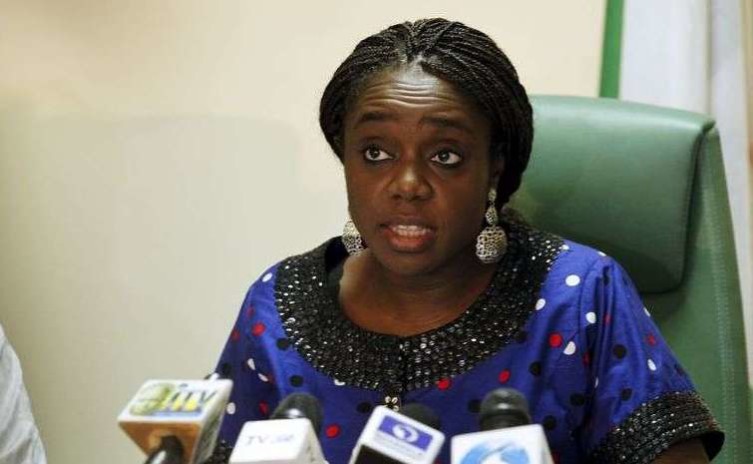Over $3bn to refinance Nigeria’s past administration debt – Finance Minister

Nigeria’s Minister of Finance, Mrs. Kemi Adeosun, yesterday disclosed that about $3 billion out of the $5.5 billion offshore loan the Federal Government currently seeks would go into refinancing the legacy debts of the Goodluck Jonathan administration.
The Minister, who spoke in a television programme also clarified that the proposed $5.5 billion loan was made up of two components, including refinancing of heritage debts to the tune of $3billion and new borrowing of $2.5 billion for the 2017 budget deficit.
She said: “Let me explain the $5.5 billion borrowing because there have been some misrepresentations in the media in the last few weeks. The first component of $2.5 billion, represents new external borrowing provided for in the 2017 Appropriation Act to part finance the deficit in that budget.
“The borrowing will enable the country to bridge the gap in the 2017 budget currently facing liquidity problem financing some capital projects.
“For the second component, we are refinancing existing domestic debt with the US$3 billion external borrowing. This is purely a portfolio restructuring activity that will not result in any increase in the public debt,” she explained.
The Minister further noted that the country’s debt rose from ₦7.9 trillion in June 2013 to ₦12.1 trillion in June 2015, despite the fact that only 10 per cent of the budget was allocated to capital expenditure when oil price exceeded $120 per barrel. She emphasized the Buhari administration was investing in critical infrastructural projects such as roads, rails and power in order to deliver a fundamental structural changes to the economy that would reduce the nation’s exposure to crude oil.
“Under this dispensation, we are not borrowing to pay salaries. If all we do is to pay salaries, we cannot grow the economy. This administration is also assiduously working to return Nigeria to a stable economic footing. In the light of this, the government adopted an expansionary fiscal policy with an enlarged budget that will be funded in the short term, by borrowing,” Adeosun stated.
She reassured that the US$5.5 billion foreign borrowing was consistent with Nigeria’s debt management strategy, adding that the main objective was to increase external financing with a view to rebalancing the public debt portfolio in favour of long-term external financing.









0 Comments